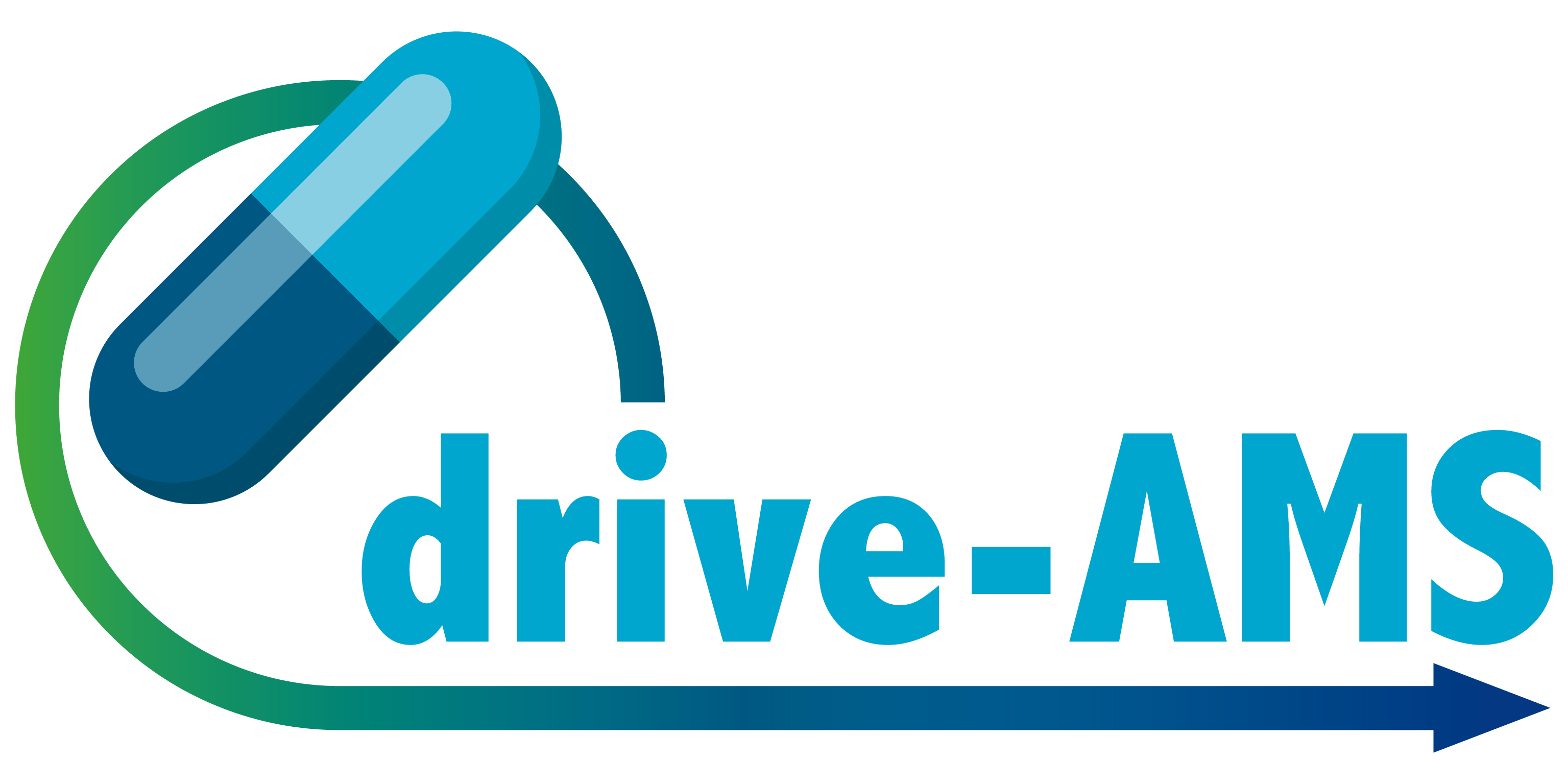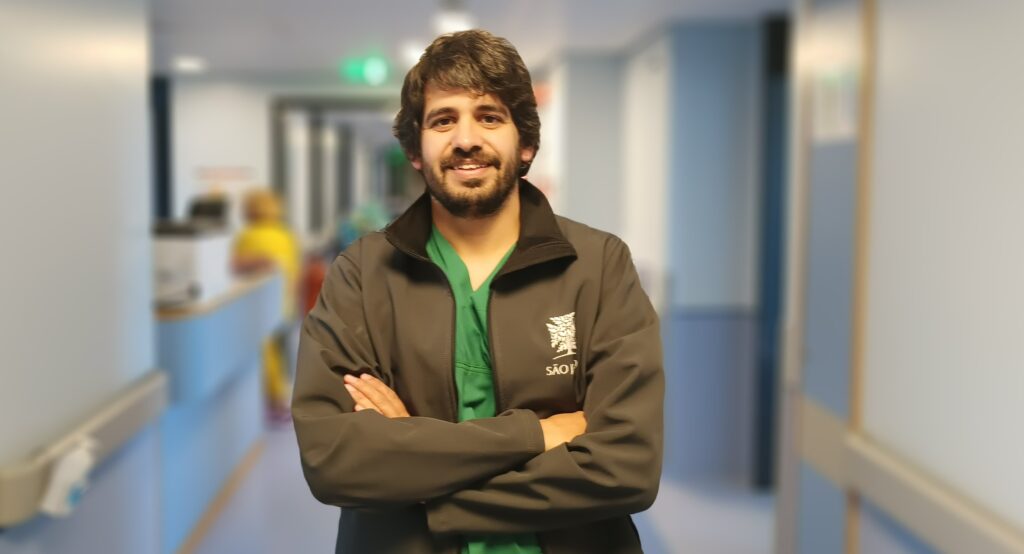The awarded intervention was dedicated to ceftriaxone, one of the most used antibiotics in the hospital with a relevant impact on the selection of some resistant bacteria. “For example, the selection of ESBL-producing bacteria, which are a relevant problem in the context of our hospital and which determine an increase in carbapenem consumption, activating a vicious cycle of more antibiotics and resistance, may be partly because of the use of ceftriaxone. In previous evaluations we found that, in around half of the situations in which ceftriaxone was used empirically, it was possible to choose better alternatives with less impact on antimicrobial resistance”, explains dr. Almeida.
“This situation was mainly common in the treatment of community pneumonia where ceftriaxone, which is not part of the first lines of treatment according to the local protocol, is used empirically in 20% of cases. Therefore, we sought to establish a collaboration with the service of Internal Medicine (where the majority of pneumonia cases in the community are hospitalized) in order to reduce this value by at least 50%”, adds dr.Almeida.
The defined strategy involved an initial assessment of intervention barriers and facilitators as well as obtaining quality data on the use of antibiotics in this context. Then visits were made to the meetings in the Internal Medicine sectors to share the prescription data obtained, discuss this problem, reinforce positive behaviours and create a culture of good prescription. The intervention was designed together with Dr. Nuno Pereira and Prof. José Artur Paiva, with important collaboration from Dr. Lucybell Moreira and Prof. Ana Azevedo in developing the strategy for data collection.
“After the intervention, the Internal Medicine Service managed to reduce the proportion of people with pneumonia in the community treated with ceftriaxone from the initial value of 20% to a median of 6.7%”, he states.
The Certificate in Antimicrobial Stewardship organised by ESCMID, is a training project that lasted two years (2022-2024) and was attended by around 40 doctors with experience in improving the prescription of antimicrobials. It consisted of 10 short courses that took place in several European countries over these two years, in addition to the development of a quality improvement intervention at a local level, guided by data and focusing on changing the behavioural aspects that guide antibiotic prescription.
“This distinction represents a great personal satisfaction because it means the culmination of two years of learning and enriching interaction with other professionals in the field. Furthermore, it is a proof of concept of the type of approach we used in the intervention and which is the basis of the drive-AMS project”, concludes dr. Almeida.
Read more about the Portuguese drive-AMS network here.

